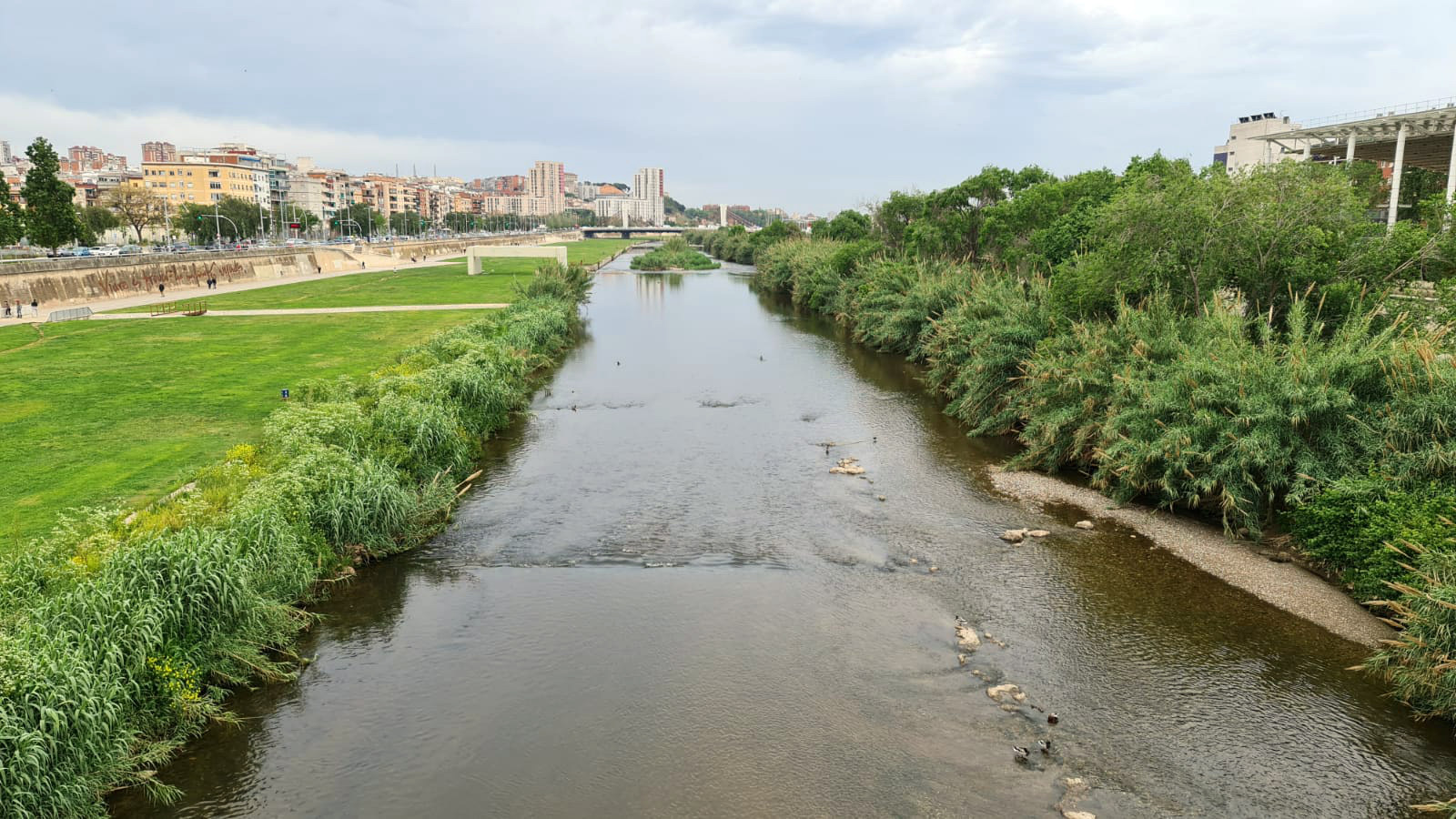
Restoring urban rivers: a Unite! project for a flood-resilient future
Flood-Resilient Urban Rivers, lead by UPC, with KTH, POlito, TU Graz, Aalto and INP-UGA plans to establish a Virtual Centre of Excellence (VCE) as a hub for joint research and the exchange of best practices in this field.
The Universitat Politècnica de Catalunya – BarcelonaTech (UPC) is leading the project “Flood-Resilient Urban Rivers: A Collaborative Approach to Restoration”, one of the initiatives selected in the 2025 call of the Unite! Seed Fund programme, which supports collaborative research projects across the Unite! European university alliance.
The aim of the project is to improve the resilience of urban rivers to flooding — a growing challenge driven by climate change and urbanisation. The approach focuses on river restoration and the use of nature-based solutions (NBS): sustainable strategies designed to restore the ecological balance of rivers while protecting cities.
UPC will contribute expertise in fluvial morphology and urban planning. The research also brings together an interdisciplinary consortium of six other Unite! partner universities: TU Graz, Austria (hydraulic engineering and urban hydrology); INP-UGA, France (numerical modelling of sediment transport); Aalto University, Finland (environmental hydraulics); KTH Royal Institute of Technology, Sweden (nature-based solutions); and Politecnico di Torino, Italy (remote sensing and morphodynamics).
“The project seeks the convergence of sustainability and urban resilience: river restoration should not only focus on recovering nature but also ensure viable environments, prepared to withstand the threat of floods, exacerbated by climate change.”
Activities and objectives
The project will run from 2025 to 2026 and includes two in-person workshops with field visits: one in Barcelona (February 2026), to visit examples of urban river restoration projects; and another in Graz (June 2026), to discuss the relevance of an artificial island as a recreational space in an urban river.
The team also plans to establish a Virtual Centre of Excellence (VCE), which will serve as a hub for joint research and the exchange of best practices. In addition, the consortium will design a research and fundraising plan targeting European programmes such as Horizon Europe and the Marie Skłodowska-Curie Actions.
The project aims to promote the active involvement of young researchers and doctoral candidates, as well as joint PhD supervision within the framework of collaboration. The consortium will also organise a webinar and thematic sessions at international conferences such as River Flow 2026 (Greece) and the IAHR Europe Congress 2026 (Sweden).
